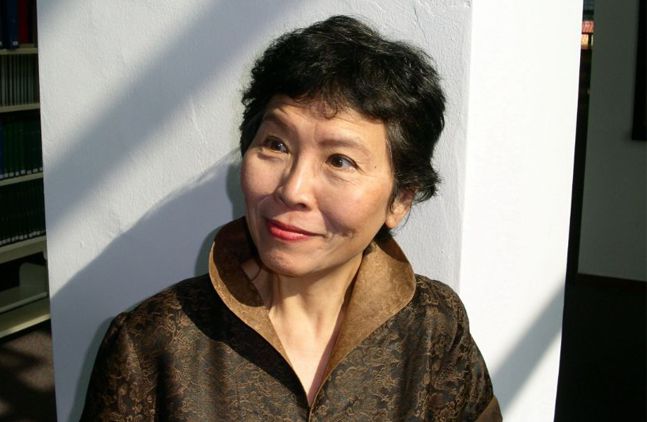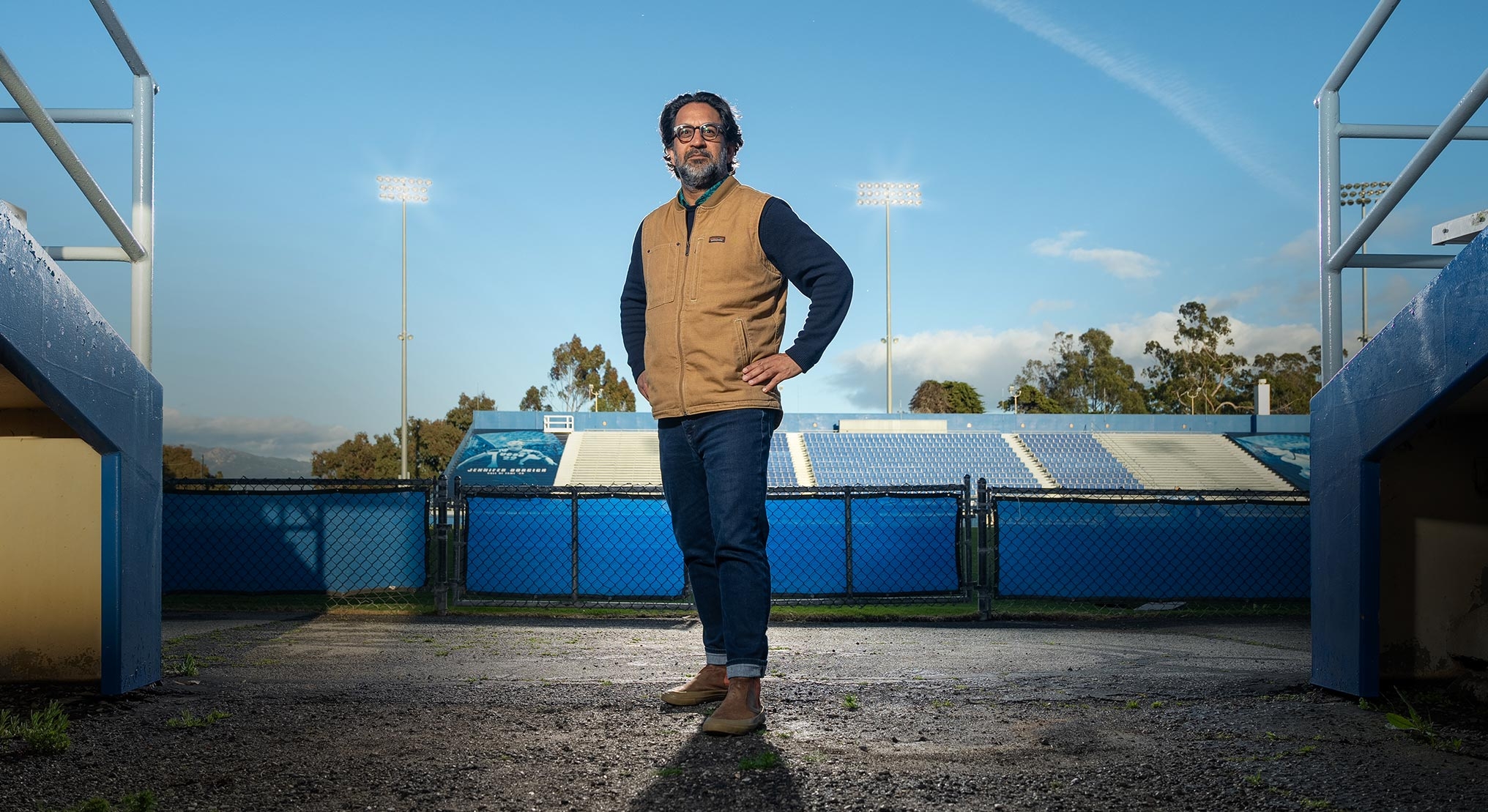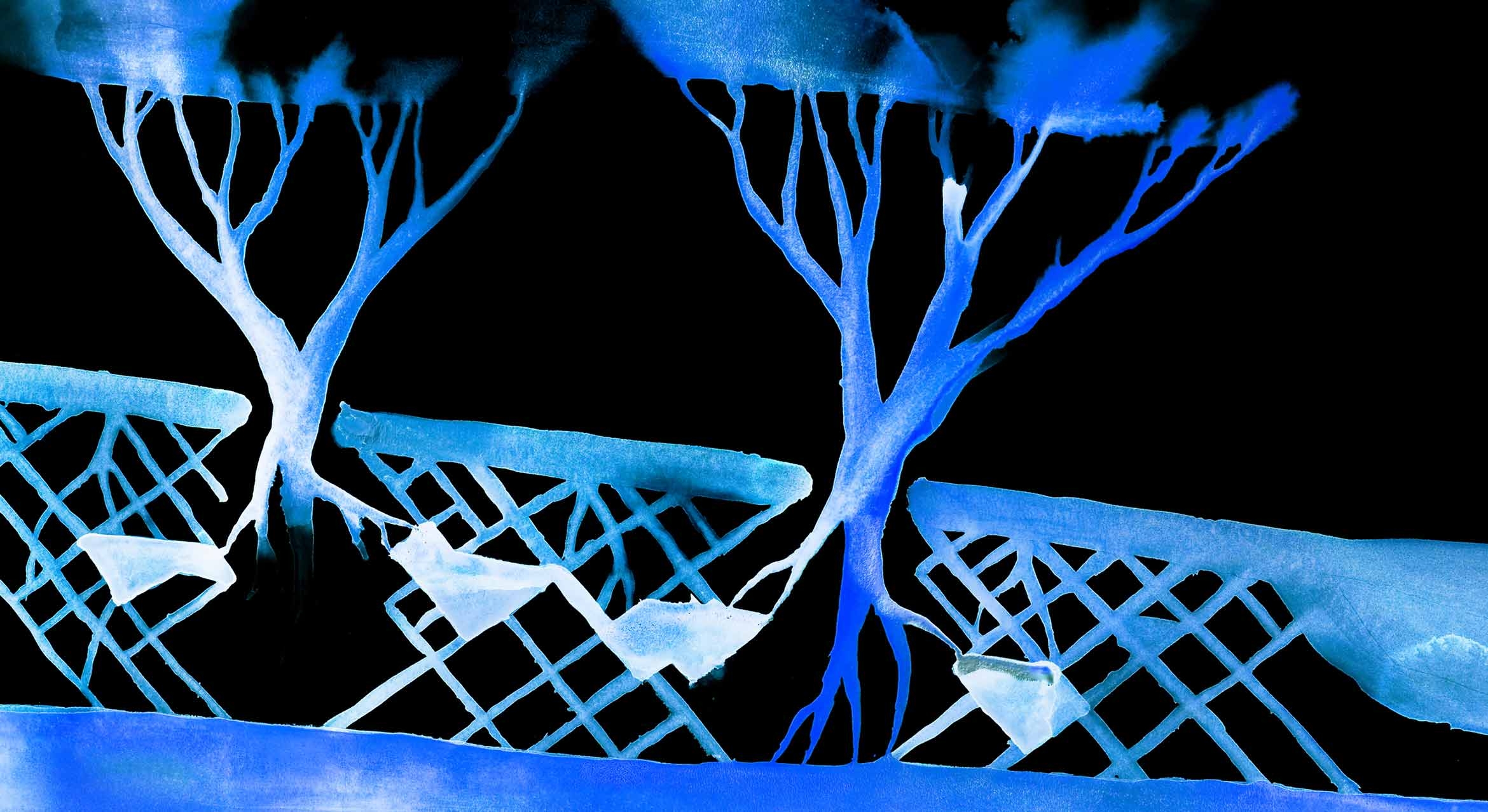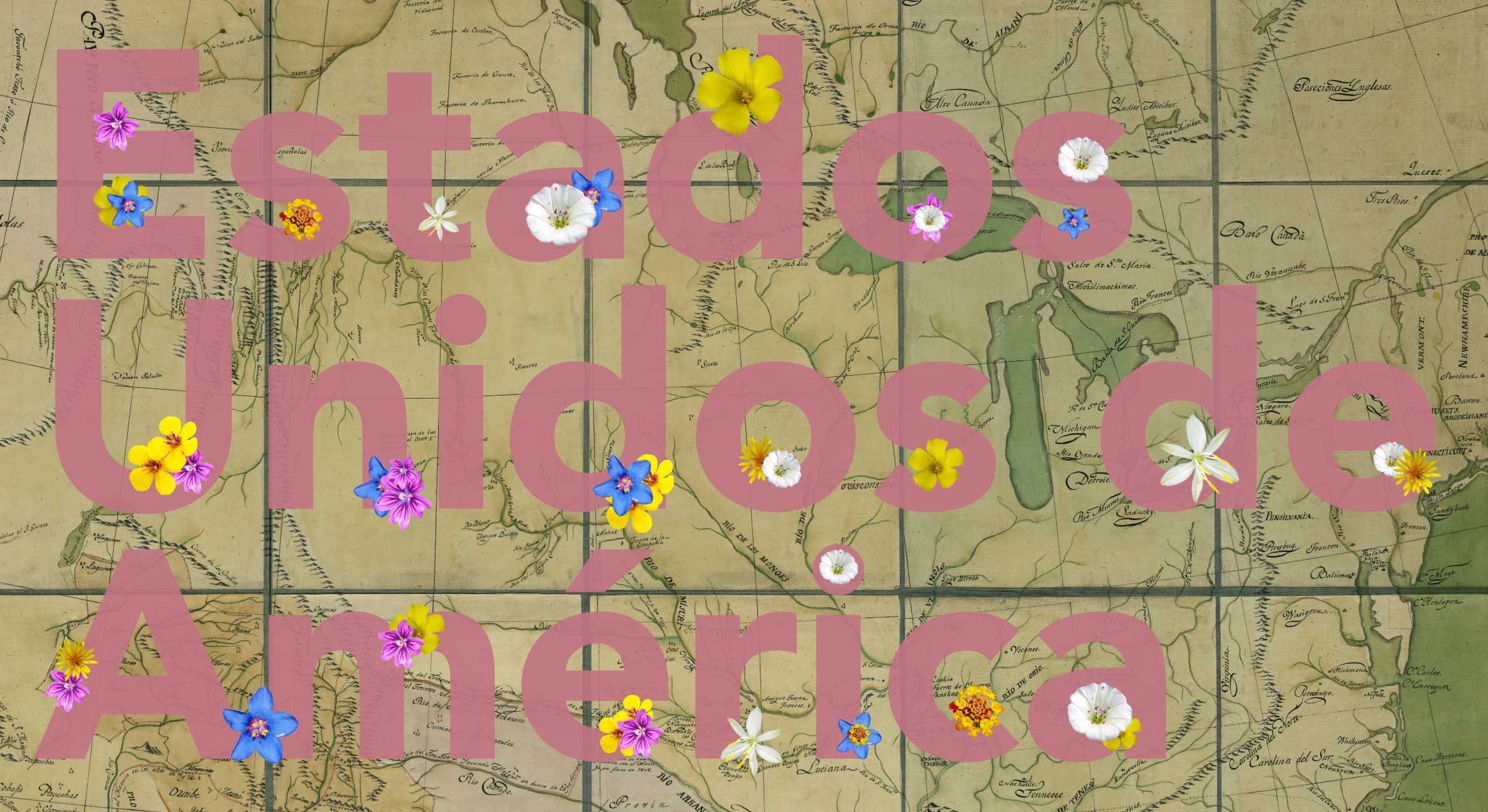
A Life of Words
Early on, Shirley Geok-lin Lim’s prospects seemed bleak. One of six children born to ethnic Chinese in Malaysia near the end of World War II, her childhood was a swirl of poverty and dislocation. She had one advantage, however: She was smart, and her father, who took care of the family after her mother abandoned them, encouraged her academic pursuits.
Fast-forward to today, and Lim, a professor emerita of English at UC Santa Barbara, is an acclaimed poet, writer and scholar. Her memoir, “Among the White Moon Faces,” won the American Book Award, and her collections of poems, literature and scholarly works comprise only some of the beloved highlights of a life in words.
And the tributes keep coming. The Journal of Transnational American Studies, which she co-founded in 2009, dedicated part of its most recent issue to eight peer-reviewed papers examining her poetry. Published on the occasion of her 75th birthday, the issue also includes new poetry by Lim.
“When they told me they were going to do this, I wasn’t sure I believed them because [the papers have] to be peer reviewed blind,” she said. “But when it came out, I was really overwhelmed.”
What’s more, The Feminist Press — which published her memoir, the novel “Joss and Gold” and the collection “Two Dreams: Short Stories” — plans to honor Lim with a Lifetime Achievement Award at its 2020 Gala. (The event has been postponed because of the coronavirus pandemic.)
Mentors and Benefactors
Lim is quick to note that she has been blessed with good mentors and people who believed in her — even if she didn’t share their faith at the time.
“You know,” she said, “when the luck comes, you must be ready to accept it, to see it and take advantage of that opportunity.”
Enter Florence Howe, the publisher at Feminist Press, whom she encountered at a meeting of the Modern Language Association in the 1990s. Howe had read a number of Lim’s creative nonfiction essays.
“She said to me, ‘Shirley, I want you to write your memoir for us.’ ”
At the time, Lim had just started at UCSB and had a fellowship to write a book of criticism. She told Howe she didn’t see how she could do a memoir. The publisher wasn’t having it, and introduced her to the late Tillie Olsen, one of the great early feminist writers.
“She brought Tillie to me, and said, ‘Tillie, this is Shirley. Shirley is going to write a memoir for us,’ ” Lim recalled. “And I thought, ‘You know, I have to do it. ’ ”
That brought her to the late Richard Helgerson, a professor of English at UCSB and chair of the department.
“I went to see Richard,” Lim recounted, “and I said, ‘I’ve got this fellowship. I’m going to write the critical book, but Florence Howe wants me to write this memoir. What am I to do? I can’t do both.’ And Richard was in his office as the chair of the department, you know, at his big desk. Looking at me he says, ‘Shirley, write your memoir. It’s going to make you famous.’ I never forgot that he gave me permission.”
Helgerson was correct, of course. “Among the White Moon Faces” is still read widely and studied in schools across the country. Lim’s poetry continues to resonate as well. Her poem “Learning to Love America” became something of touchstone after the 9/11 attacks, and the band U2 projected it at concerts for years.
Giving Back
If Lim has been fortunate to have angels on her side, she’s also helped countless students along the way. The Journal of Transnational American Studies is just one example.
One day she was having dinner with Shelley Fisher Fishkin, a professor of English at Stanford, and a few of her graduate students, including Eric Martinsen and Caroline Hong. Fishkin bemoaned the lack of a transnational American studies journal, something Lim had been talking about for years.
Martinsen and Hong piped up: “Why don’t we start one online?” Fishkin loved the idea, but Lim was nearing retirement and knew an online journal would be a lot of work. The grad students, though, volunteered to do all the work.
“And I thought to myself,” Lim said, ‘These graduate students, if they take on that work, they will get a job, just like that.’ And as soon as they finished their Ph.Ds., they landed good jobs. There’s no doubt about that.”
Martinsen is an associate professor of English at Ventura College and Hong is an associate professor of English at Queens College in New York.
“And so I think my agenda — it sounds so unscholarly — to get my two graduate students well-situated, has succeeded,” Lim said.
Write and Believe
For aspiring writers, Lim has simple advice: Believe in yourself, push yourself and be open to opportunity.
“If you have this belief that you are capable of doing something, you need to explore it,” she said. “You might very well fail; lots of people fail. But at least you would have failed well.”
Young writers, she said, would do well to consider Alfred Lord Tennyson’s words about having loved and lost.
“It is better to have tried to be the writer you want to be than never to have tried it all,” she said. “So forget about love. But for writing, it’s a very hard road. It’s a very hard road. And much of it has nothing to do with talent. A lot of it has to do with timing. A lot of it has to be to do with luck.
“So you have to have to believe in yourself,” Lim added. “And if you’re lucky, the timing is right, you find a community, you have a supportive partner, like I do. If I hadn’t had such a supportive partner, I don’t think I’d be where I am now. I was very lucky in that way. That’s why I’m so grateful to so many of the people who have intervened when I need an intervention to give me a hand up. Who believed in me when I wasn’t sure of my own belief in myself.”



